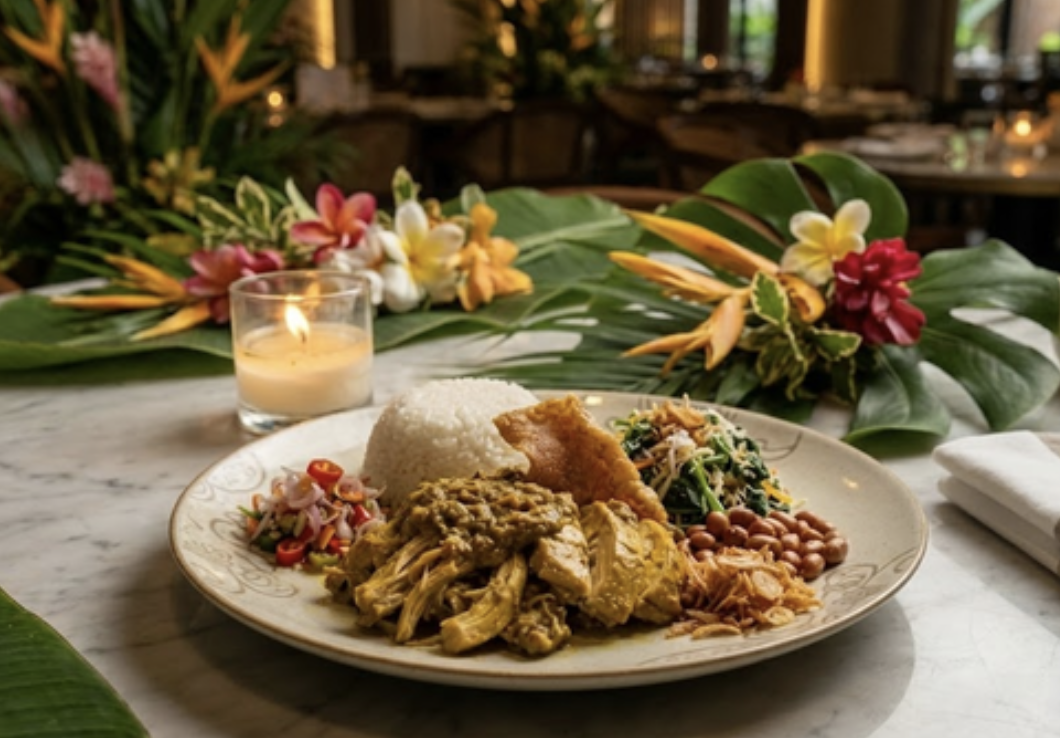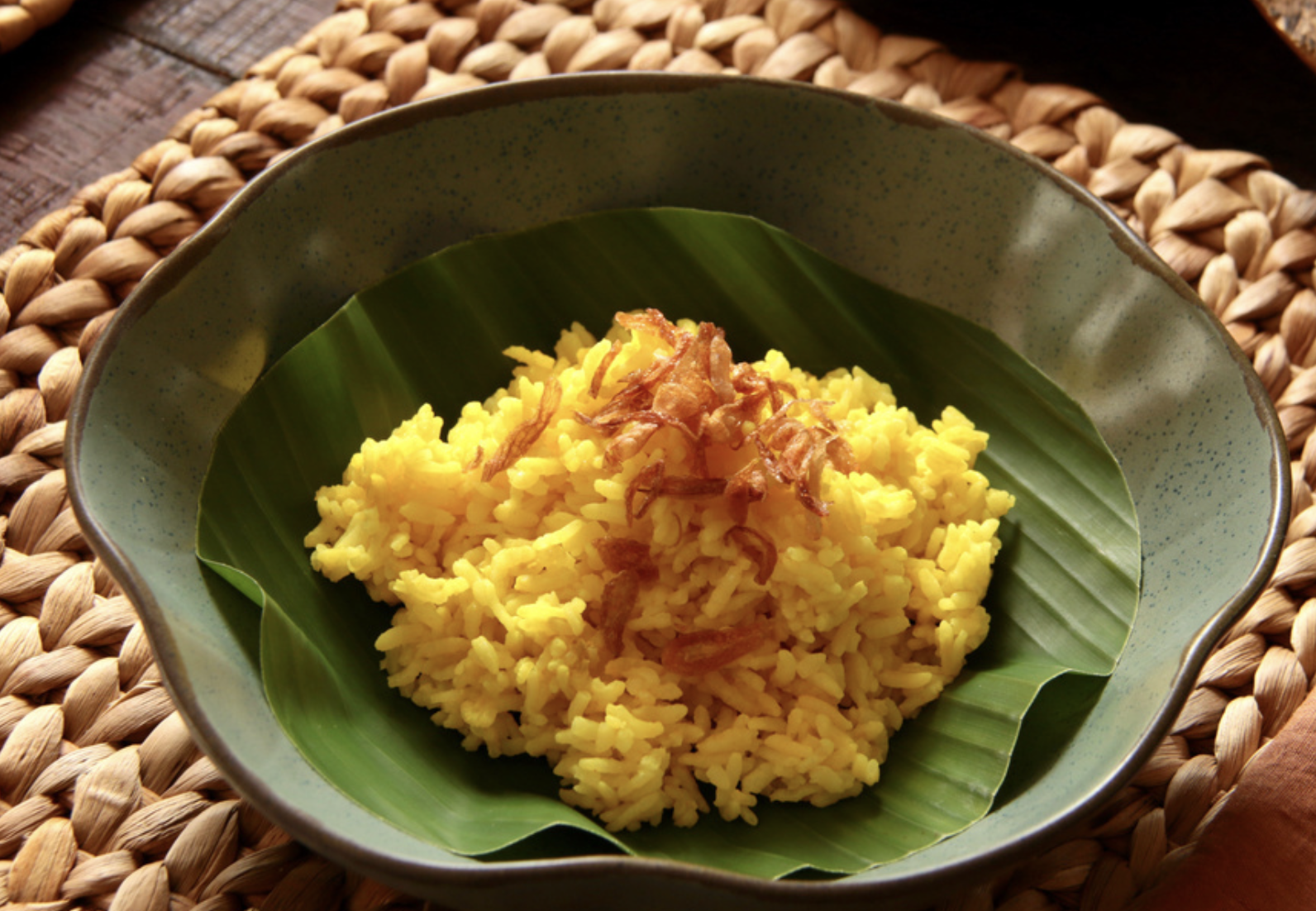Indonesia’s kitchens never stand still. What was once humble everyday food – tempeh, jamu, or arak – is now stepping onto the global stage as superfood, wellness tonic, and modern cocktail. Across the archipelago, young chefs are reimagining traditional recipes with fresh eyes, creating menus that surprise without losing authenticity. Innovation here isn’t about abandoning heritage – it’s about extending its life. “Culinary Innovation” is now setting the trend – to show how Indonesia’s food culture evolves naturally, blending ancient roots with tomorrow’s tastes. For buyers, this is an invitation to curate itineraries where travellers can taste both tradition and reinvention on the same journey.
Innovation in Indonesia’s gastronomy starts with honoring tradition – then adding flair. Chefs, farmers, and entrepreneurs are breathing new life into local heritage, transforming everyday ingredients into creative experiences that delight modern travellers.
Consider tempeh, once a humble family staple – now globally celebrated as a plant-based superfood, appearing on menus from Jakarta’s trendiest cafés to Michelin-starred tables in Europe. Jamu, the traditional herbal tonic infused with turmeric, ginger, and tamarind, has evolved too – now bottled sustainably and served in wellness cafés as a bridge between ancestral wisdom and contemporary wellbeing. Even arak, Bali’s centuries-old spirit, has found new life in stylish cocktail bars, mixed with tropical fruits to honor its roots while invigorating the palate.
Bali is fueling much of this creativity. The island’s kitchens have become true culinary laboratories, where tradition and innovation meet. Research shows that Balinese fusion cuisine – combining local ingredients with modern techniques – is emerging as a powerful draw for culinary tourism. In food hubs like Jimbaran, travellers revel in street-side seafood grills, local lawar, and modernized street food – all blending tradition with global flavor in ever-evolving ways. Bali’s food scene is no longer just cultural – it’s a gastronomic trendsetter.
Young chefs are at the forefront. In Ubud and Jakarta, they design zero-waste kitchens using banana stems or cassava leaves, or reimagine classics like soto and satay with international techniques – delivering dishes that feel both familiar and refreshingly new.
For the travel trade, this culinary renaissance opens limitless opportunities. Envision pairing a morning spice workshop with a modern tasting menu that reinterprets Balinese flavors. Or curating wellness-focused itineraries blending village food rituals with plant-based dining inspired by local crops. These experiences speak directly to travellers who crave authenticity – but with a contemporary twist.
At BBTF 2026, culinary innovation will be presented not as a trend but as a living bridge – connecting heritage with the evolving expectations of tomorrow’s travellers. “Innovation keeps tradition alive. BBTF 2026 invites buyers to explore how Indonesia’s flavours evolve into experiences that surprise while staying rooted.” Partner with ASITA Bali Region to design tomorrow’s gastronomy journeys.






